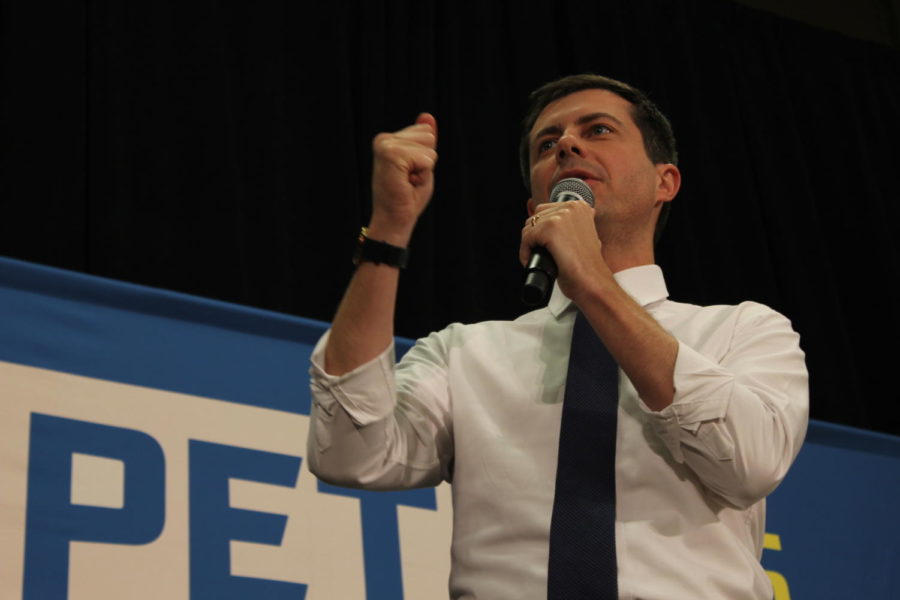What to expect as caucus night draws near
December 11, 2019
With fewer than eight weeks until the Iowa caucuses, candidates are putting the final touches on their campaigns as they prepare for the slog to caucus night.
In the weeks leading up to the caucuses, Mack Shelley, Iowa State professor and chair of the political science department, said residents can expect to see damaging information about candidates leak out.
“Once you become well-enough known to be worthy of somebody looking into you more closely, stuff starts to come out,” Shelley said.
Shelley used Mayor Pete Buttigieg as an example. Buttigieg was involved in work with McKinsey & Company, an investment group he claimed he could not discuss due to a non-disclosure agreement.
Once released from the non-disclosure agreement, the mayor discussed more details about his work.
“Things like that aren’t going to be helpful for him. It makes it look like he’s not really a populist candidate, it’ll look like he has corporate ties,” Shelley said.
Seeing things from candidates’ histories isn’t new in the realm of politics. Candidates like Buttigieg have a built-in advantage, as he is relatively new to the world of politics.
On the other end of the spectrum, former Vice President Joe Biden has been in the world of politics for nearly half a century. With a career spanning that long, Biden has more of a history that could either benefit or harm him in this race.
“Once you have a track record, it’s so easy to find things you’ve done or said that are not popular anymore,” Shelley said.
As the race continues to develop, candidates have dropped out while others have joined. Despite the seemingly continuous stream of candidates entering the race, there has consistently been a top three or four candidates with a polling gap above the rest of the pack. With only a few weeks remaining until the caucuses, there are still 15 candidates left in the running.
The Iowa caucuses are said to punch three tickets for candidates to continue in the primary. Beyond needing a strong performance in the first-in-the-nation caucus state, it is typically not possible to continue on in the race without funds.
“Good poll ratings or doing well in the Iowa caucuses when real votes are counted translates basically into more fundraising opportunities,” Shelley said.
There are a few exceptions to getting funds from donors, as there are two billionaires who are in the 2020 Democratic race. Tom Steyer and former New York Mayor Michael Bloomberg are essentially funding their campaigns on their own, even while polling at less than eight percent combined, according to the RealClearPolitics polling average.
There are 53 days until the Iowa caucuses and more than a dozen candidates continue to regularly visit the state.
Ego and resume get in the way of dropping out of the race, regardless if candidates can continue to support their own campaign, Shelley said.
“Each person is convinced they’re the best option to run the country.” Shelley said.

















